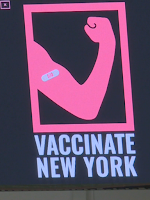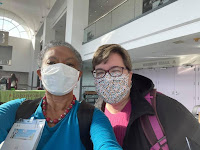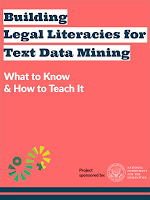Similar to what happened in 2020, much of the conversation this year was dominated by COVID. Even when we were trying to not talk about COVID, we talked about COVID. It impacted everything we did. Everything. But there is one thing it didn't touch...
T is for Training
T is for Training is a podcast started in 2008 by Maurice Coleman. It's recorded through TalkShoe, which means we're not in the same location. COVID didn't affect the podcast, which is good because we celebrated our 300th episode! (Actually, there have been special episodes, so more than 300, but who's counting.)
T - as we often call it - has changed over the years, because nothing can stay the same. The conversations may have a theme or a special guest to focus us. We've also had free-form conversations. There is always laughter and we always learn something new about training-teaching-learning.
I got involved in T on episode 3 (Oct. 2008) and became its blog editor in May 2013. Among the regulars are people who contribute show topics, arrange for guests to be interviewed, and ensure that the conversation keeps flowing. The important thing is that whomever shows up - and yes, you could show up! - is involved in the conversation and is always welcome to come back.
This year (2020), we've had a number of guests on the show who talked about assessment of learning, gamification, having impactful learning elements, creating space and grace, black swan events, and much more. T is for Training is available on most podcast platforms, so it these topics are of interest to you, give them a listen. Links to the recordings are also in the T blog posts.
Diversifying Library Staff
I wrote a series with this title in 2020 and then added a fifth post in 2021. These posts are among the most read posts in this blog. And diversifying the profession is always in my thoughts. Sadly some people see the barriers that exist, but then don't see how to eliminate them. I'm always trying to find ways of broadening their thinking, but it's not easy especially when I see the doors to their thoughts are already closed.
- The Struggle to Diversify Library Staff, part 1
- The Struggle to Diversify Library Staff, part 2
- The Struggle to Diversify Library Staff, part 3
- The Struggle to Diversify Library Staff, part 4
- The Struggle to Diversify Library Staff, part 5
SLA's John Cotton Dana Award
I would be remiss if I didn't hip-hip-hurrah on this last day of 2021 my personal good news from this summer. It still feels unreal. I am thankful that I have been able to give back to the profession as much as I have. I'm incredibly thankful for those before me, who taught me what being a member of this profession meant and encouraged me to be an active participant.
By the way, in normal times this award would have been given in person. Because of COVID, the ceremony was online. That meant that friends and family could easily attend, which was awesome!
Saved Quotes
After attending the Joint Conference of Librarians of Color in 2018, I've kept a bullet journal. I've used each journal a bit differently and this year incorporated space to capture quotes. I shouldn't be the only person to see them, so here they are:
- Move at the pace of trust.
- The obstacle is the path.
- Life's journey is twisted.
- Justice is what love looks like in public. - Dr. Cornel West
- What we know may make us experts, but whom we serve makes us noble. It is not in your insight and expertise we find the true measure of worth for a librarian, lawyer, doctor, or teacher. It is in the service of the communities we serve. - Dave Lankes, The Boring Patient
- It may be true that the law cannot make a man love me, but it can keep him from lynching me, and I think that's pretty important. - Rev. Dr. Martin Luther King, Jr.
Know someone who should subscribe to Digitization 101?
Of course, you do! If you receive Digitization 101 in email, forward it to them. There is a link for subscribing at the bottom of each email message. If you're reading this online, you - and your colleagues - can subscribe through this form.
Finally...
I hope that you have found things in 2021 which brought you great joy. May 2022 bring us all good health and happiness. Happy New Year!








